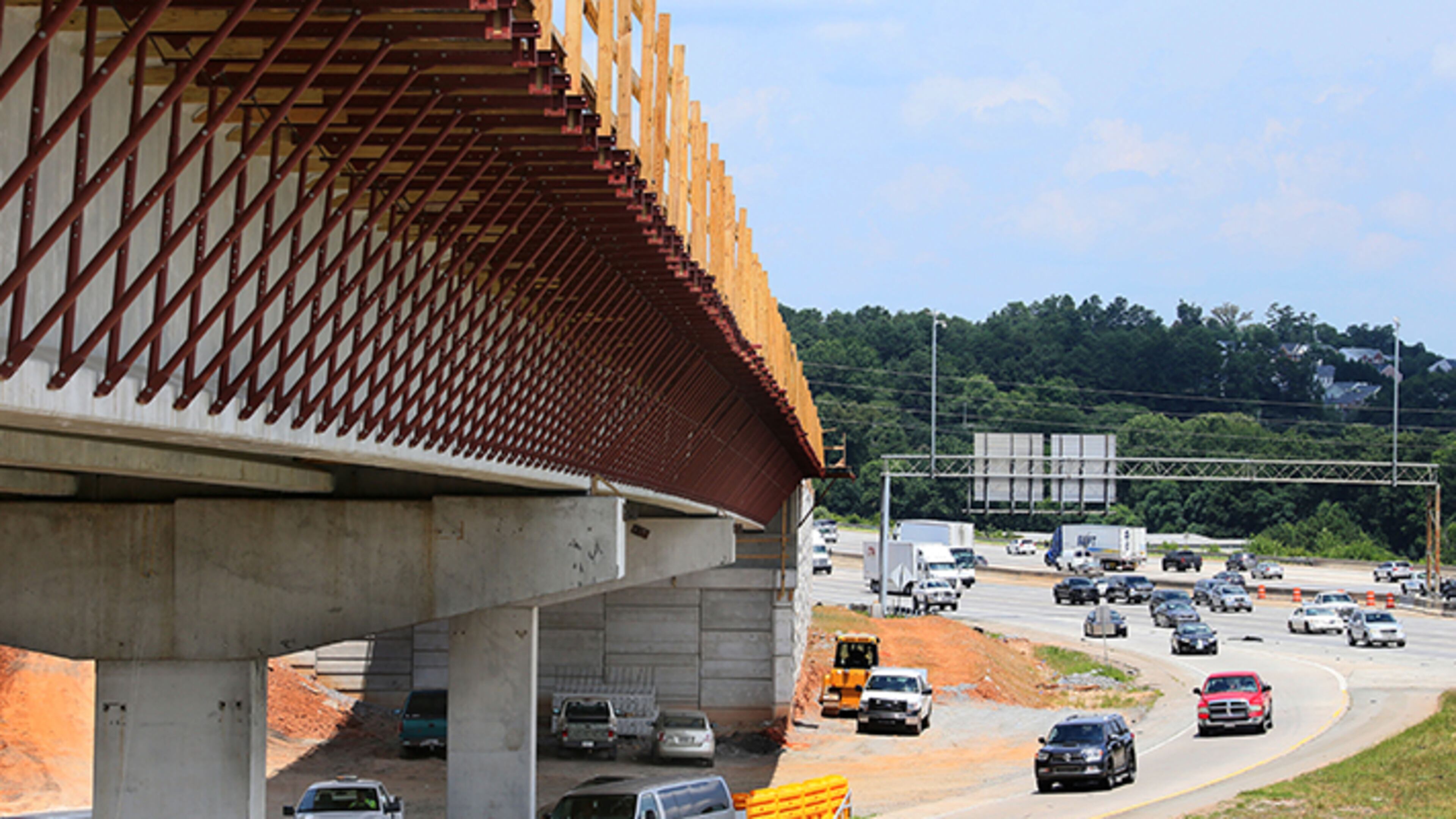Region on the move

Andre Jackson, for the Editorial Board.
To the extent that the Atlanta metro has achieved great things at times almost in spite of itself, last week’s conversation among a gathering of doers should make us all wonder just what new peaks this region could attain with a bit more alignment of effort and purpose.
The 2015 Georgia Transportation Summit convened last Tuesday in a quiet far end of the Georgia World Congress Center. The summit’s hosts comprised a true public-private partnership. On the list were the American Council of Engineering Companies of Georgia, Georgia Department of Transportation, Georgia Transportation Alliance and Georgia Chamber of Commerce.
During the daylong event, speakers assessed where Georgia and its capital city now stand on transportation issues. Given passage earlier this year of a new law channeling nearly $1 billion annually in new money toward roads and bridges here, great optimism was to be expected from GDOT and private-sector partners that do such things as designing projects, pouring concrete and fashioning steel into transportation infrastructure. Beefed-up project budgets have a way of doing that, especially in a state where highway To-Do lists were starved for cash for so long.
What was most surprising at the summit, though, was a broadly held belief that profound change in some ways was simultaneously on the horizon and already here. Boiled to the bone, conference participants repeatedly noted the Atlanta region of today and tomorrow will be distinctly different from the recent past as practiced – and built – here.
Private-sector employers, and the workers necessary for their success, are demanding no less. That’s why new housing and office developments are, in many noticeable instances, rising near MARTA rail lines. Sought-after millennials are driving this new development pattern, and private enterprise is responding.
Unlike observers with little fiscal skin in the game — aside perhaps from an instinctive aversion to anything smacking of a tax increase — private-sector businesspeople will succeed only if they keep an unflinching focus on markets and opportunities. Part of that is recognizing the investments required to meet present and future needs.
Public-sector transportation officials seem to be paying close attention, which is a great thing. The future success of this state and metro will depend to a large degree on how well the public and private sectors can work together to reduce the backlog of transportation projects, while building for a future that won’t be identical to the past.
Speakers at the summit gave high praise to Georgia’s Transportation Funding Act of 2015, which directs a sustainable new channel of fuel tax revenue toward road and bridge work. GDOT Commissioner Russell McMurry and others spoke at length about this hard-won legislative accomplishment. They were well aware of the need to efficiently produce solid results. “The worst thing that could happen is that we do not deliver on this wonderful gift that we have been blessed with,” said McMurry.
Given lingering anti-tax sentiment and resentment of state lawmakers for having had the fortitude and wisdom to enact a necessary tax adjustment, we have no doubt such instincts are accurate. That said, Georgia’s leaders must keep forging ahead, lest the state fall behind in the incessant work of developing a sound economy and lifestyle that continue to draw people and investment from around the world.
This is especially true given Washington’s marathon foot-dragging over passage of real, sustainable, long-term transportation funding.
Tallied up, our work as Georgians is not done when it comes to transportation. Each new townhouse complex or single-family home being hammered together across this region reflects in dollars and cents the belief Atlanta will keep growing. Large employers relocating here are demanding access to transit and showing no patience for having workers idle away productive hours while queued up in traffic gridlock.
Which means metro Atlantans and the state Legislature must move toward the next steps to enhance transit options here. Other cities in the running for companies and people are doing precisely that, regardless of what naysayers here may choose not to see or acknowledge.
We can, and should, debate just how to get these improvements done, examining questions such as when and where express buses, bus rapid transit or some form of trains make the most sense.
What metro Atlanta and Georgia will do at its peril is delay for much longer this needed Part II of our transportation renaissance. That should not happen. Next year should be another year of action, enhancing the next segment of our mobility machinery.



